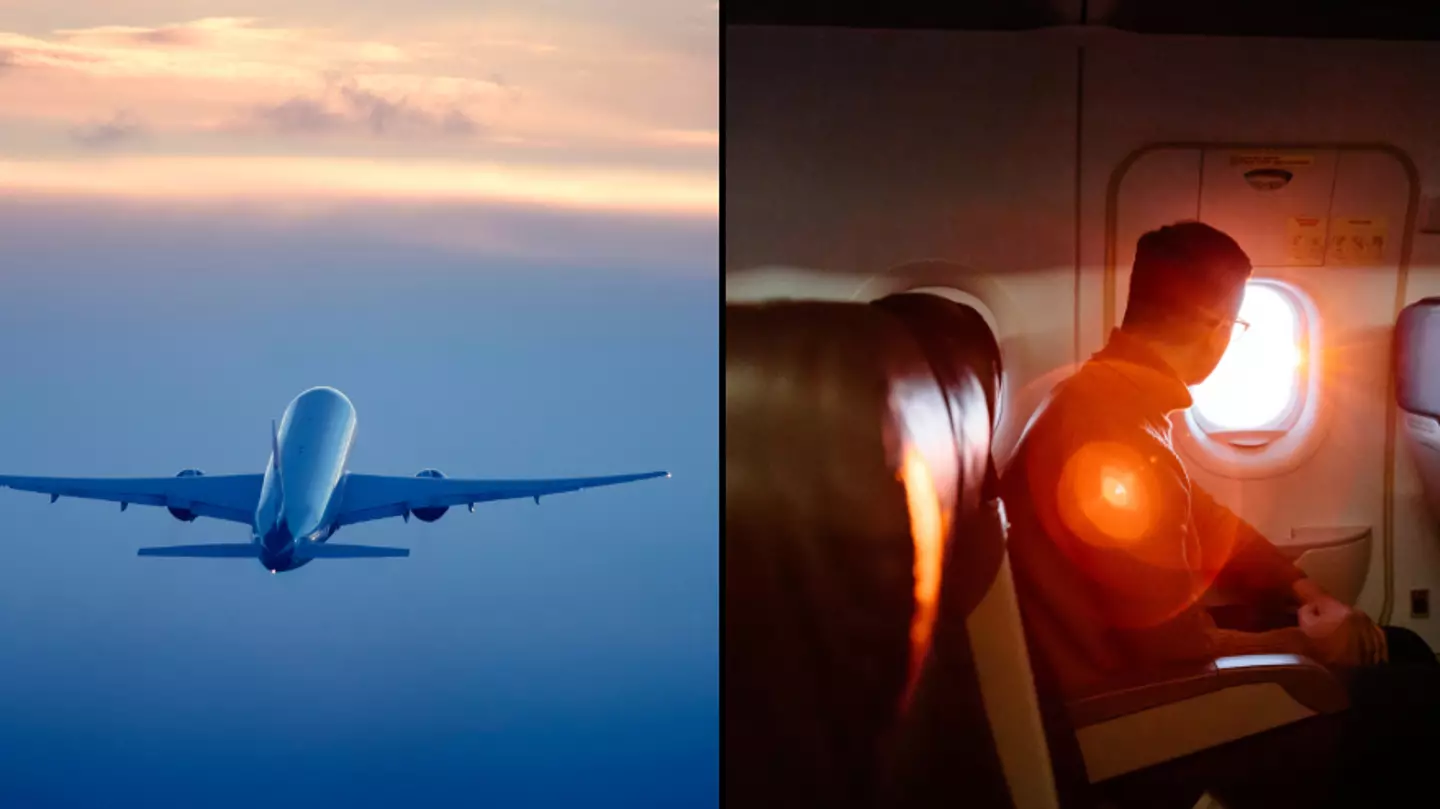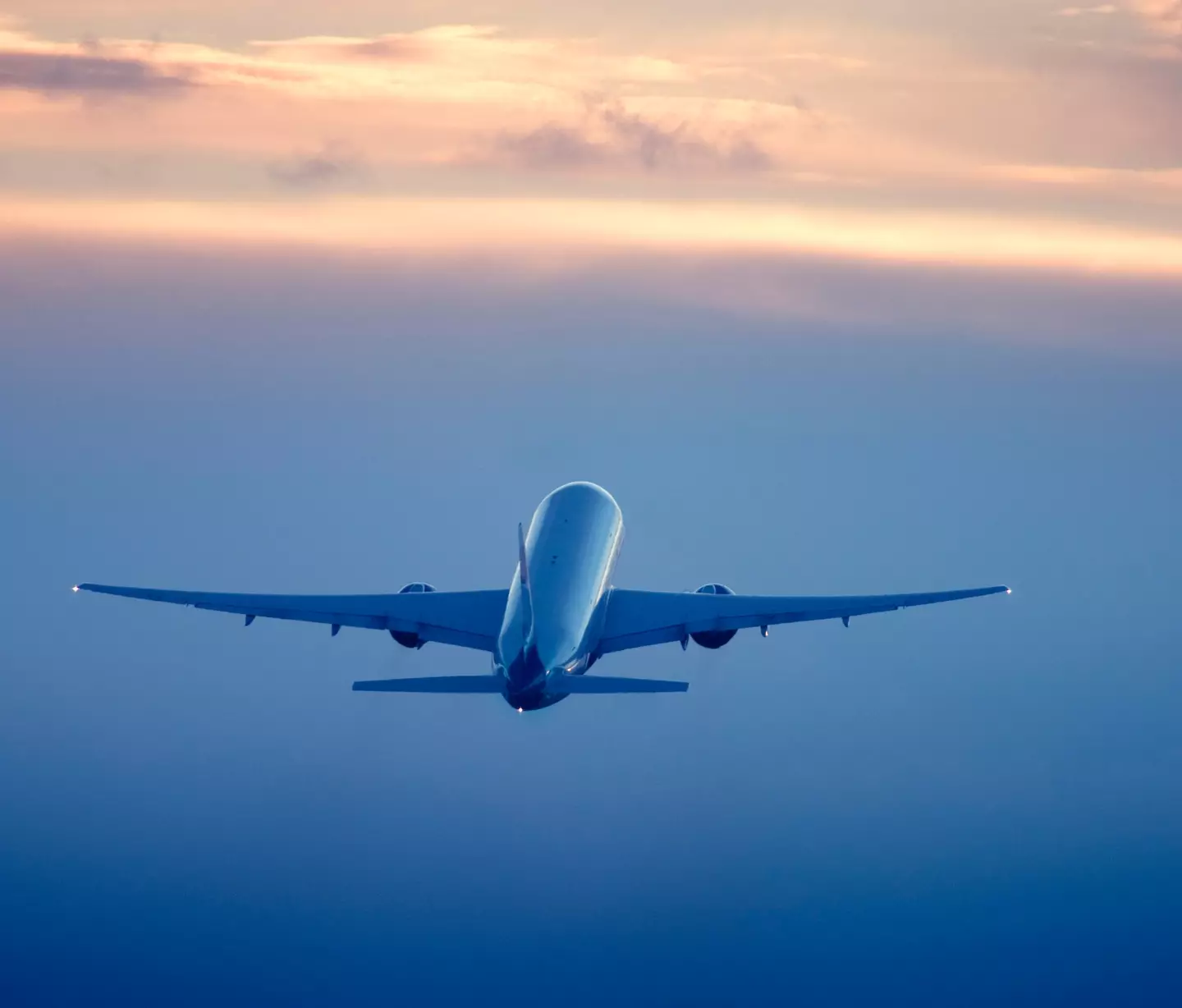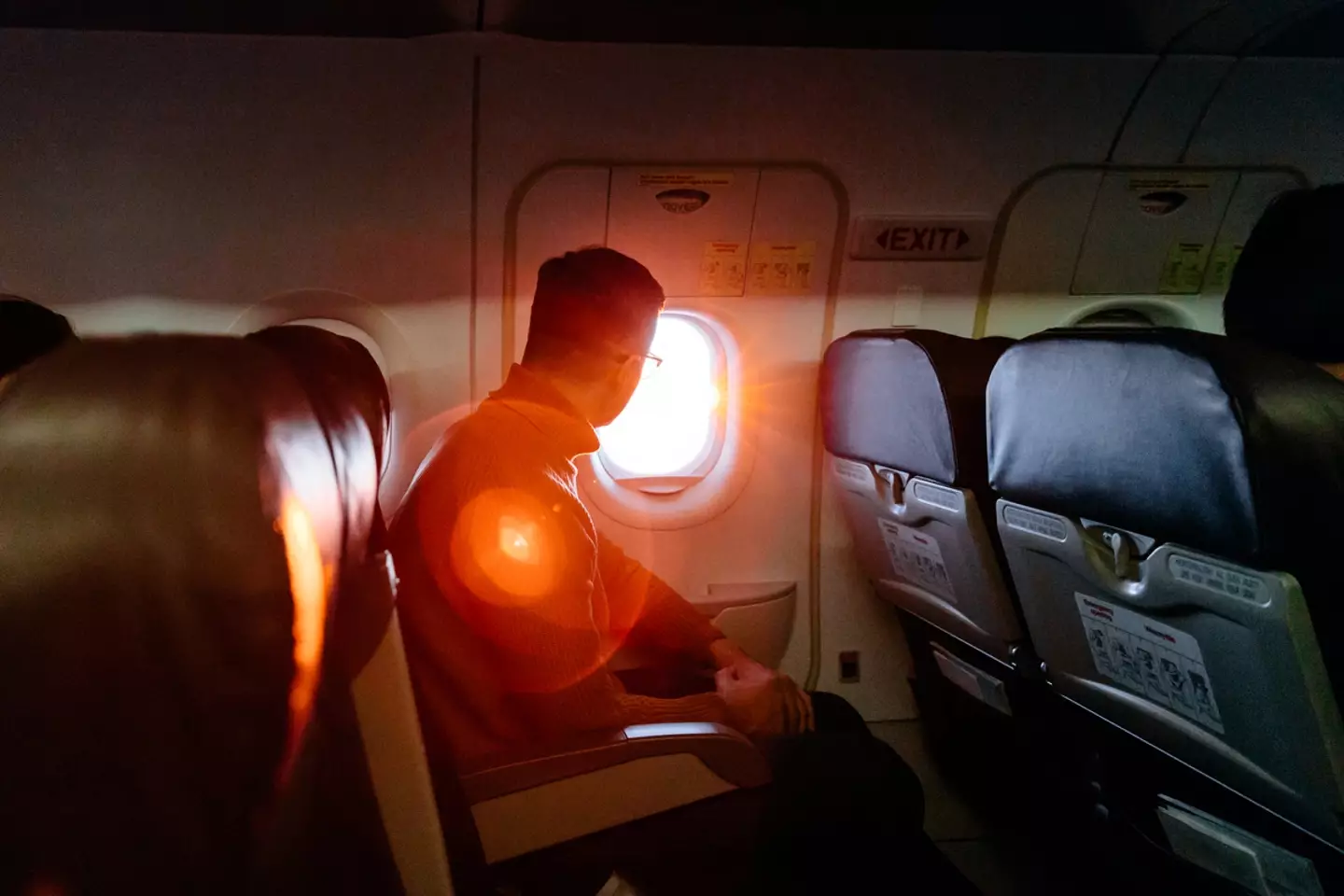
Get on any major form of transportation and the chances are that you'll have a pretty smooth ride with relatively few problems.
However, you could be one of the unlucky ones for whom everything goes a bit wrong, and if you want to know exactly what sort of peril you're facing it's helpful to know the secret code being used to discuss whatever problem has waylaid you.
According to the Daily Telegraph, plane staff have all sorts of secret codes to discuss what's happening without passengers panicking, and we're talking about more serious matters than the phrase flight attendants use to let each other know when they fancy a passenger.
You'll almost certainly know about 'mayday', which means a plane or ship is facing imminent danger, but you also wouldn't want to hear the code 'pan-pan', which means something has broken down.
Advert
Hearing that one means you're not in as much danger as if you heard 'mayday', but it's a sign that there's still something to worry about.

Some of the codes are numbers rather than words and the one you really don't ever want to hear on a flight is '7500' because that's the code planes sent when they're being hijacked or are in danger of hijacking.
Of course, if you're on the plane that's being hijacked you'll probably know about it before you hear any mention of the code, which is really meant to alert other planes and air traffic control about the danger.
Pilots on planes that are being hijacked are meant to put '7500' into their transponder to communicate about the hijacking.
Almost as bad is code '7700', as that's the general signal for emergencies, while code '7600' is a plane's way of signalling that it's lost contact with the tower and will have to be guided in by lights.
Codes passengers might be more likely to hear include 'all-call', which means flight attendants should check in via the intercom.

Plenty of other methods of transport have their own set of codes as well.
If you're at the airport and hear someone talking about 'Code Adam', it means there's a lost child that staff should be on the lookout for.
On the London Underground, hearing staff ask for 'Inspector Sands' or 'Mr Sands' means there's a danger of a fire or a bomb scare.
Numbered codes refer to something needing to be cleaned up, with different numbers referring to things like blood, human waste and broken glass.
Meanwhile, if you're ever lucky enough to be on a cruise ship and hear chatter of someone called 'Mr Mob', it means there's a man overboard, while the call of 'Zulu, Zulu, Zulu' means it's all kicking off and there's a fight going on somewhere on the ship.
The more you know.
Topics: Travel, Weird, Plane Etiquette